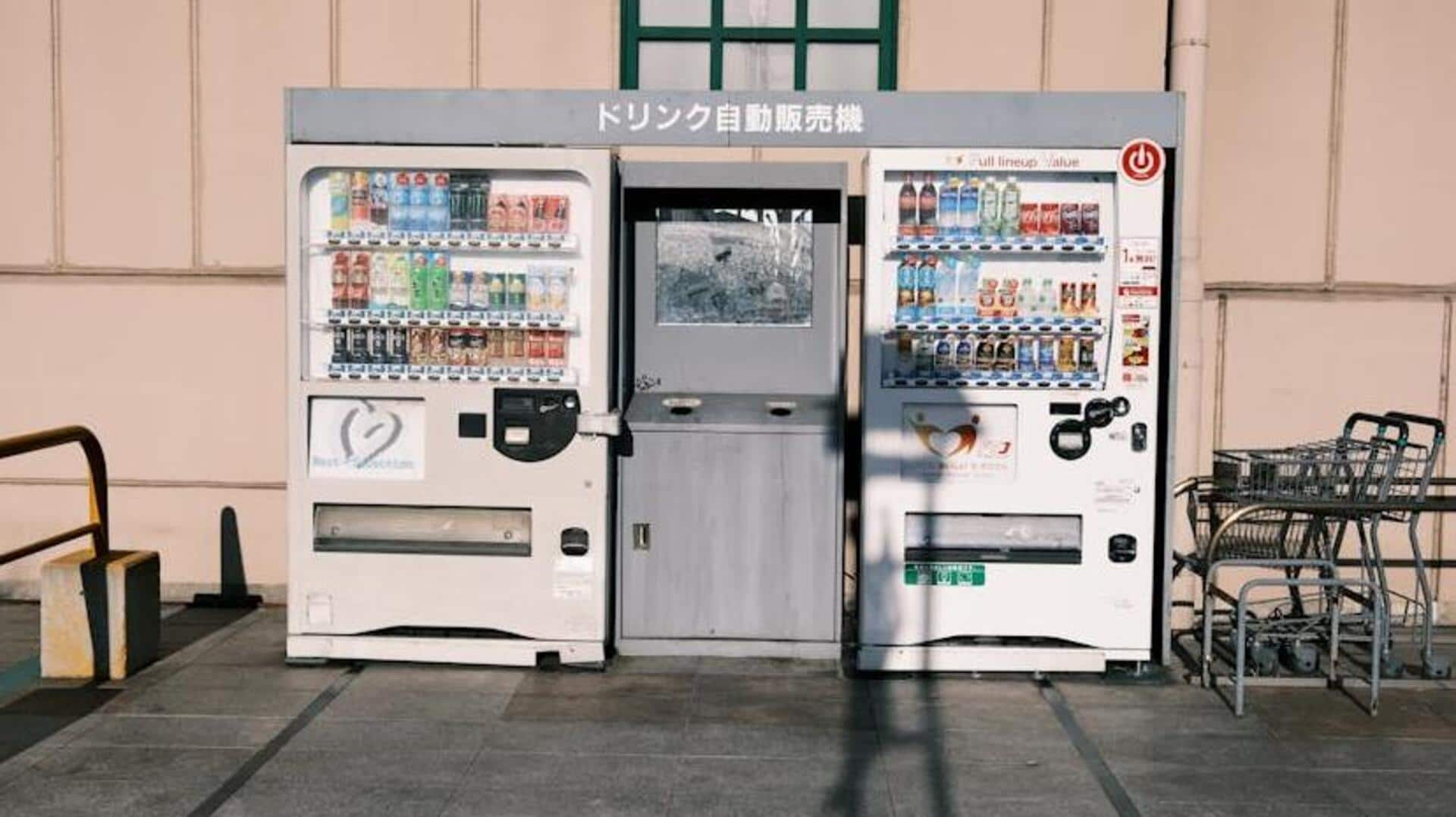
5 fascinating facts about Japanese street vending culture
What's the story
Japanese street vending culture is the perfect melange of tradition and modern-day practices. It serves as a window into the innovative spirit of the country. From high-tech vending machines to traditional yatai stalls, these vendors have got it all. They serve both locals and tourists alike. The culture is not just about convenience but also represents Japan's attention to detail and customer service. Here are five intriguing aspects of this vibrant street vending scene.
Innovation
High-tech vending machines
Japan is famous for its sophisticated vending machines, which serve everything from hot drinks to fresh fruits. These machines come with touch screens and cashless payments, making them convenient to use. Some even employ facial recognition software to suggest products based on age or gender. With more than 5 million vending machines in the country, they are a true reflection of Japan's tech prowess.
Adaptability
Seasonal offerings
Japanese street vendors also customize their offerings based on the season. In winters, you would find warm drinks and snacks like sweet potatoes or roasted chestnuts, while summers bring cold drinks and ice cream treats. This flexibility makes sure that customers always get products mindful of the weather conditions, making their experience even better.
Heritage
Yatai stalls tradition
Yatai stalls, which are mobile food stands, have been a staple of Japanese culture for centuries. From operating in the evening to serving traditional dishes like ramen or takoyaki, yatai have been a part of Japanese cities' evolution. Despite modernization, yatai still thrive in cities like Fukuoka and Osaka. They give an authentic taste of local cuisine in a casual setting.
Variety
Unique product range
The variety of products offered by Japanese street vendors is mind-boggling. Apart from the usual snacks and drinks, one can even find umbrellas during the rainy season or even books in some areas. The assortment serves various needs throughout the day and highlights Japan's dedication to customer satisfaction.
Sustainability
Eco-friendly initiatives
Many Japanese street vendors are following suit by switching to biodegradable packaging or persuading customers to carry their own containers to make a purchase. Some vending machines also promote energy-saving practices by operating only during peak hours or relying on solar power panels for their electricity needs. These steps showcase Japan's emerging concern for sustainability amid its bustling cities.